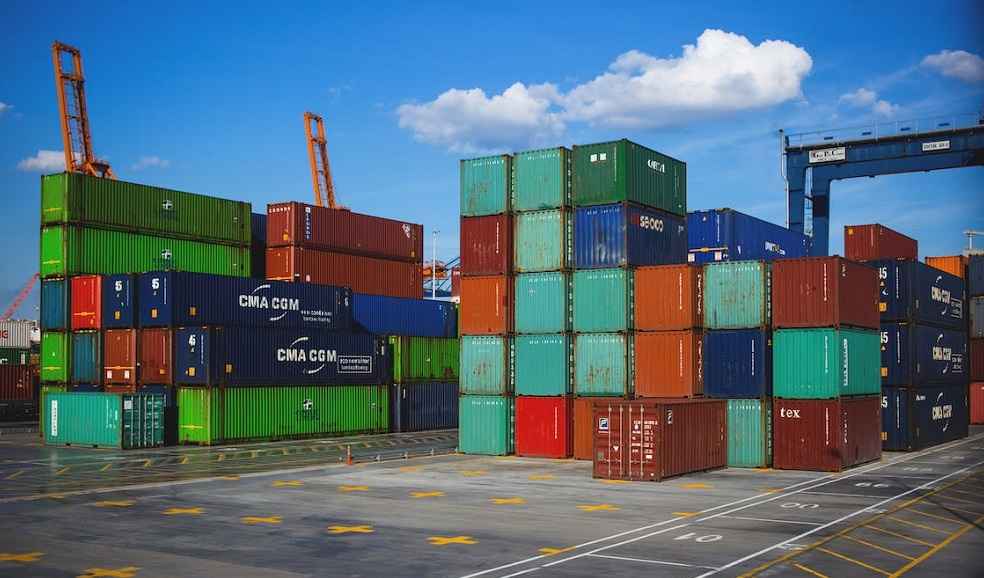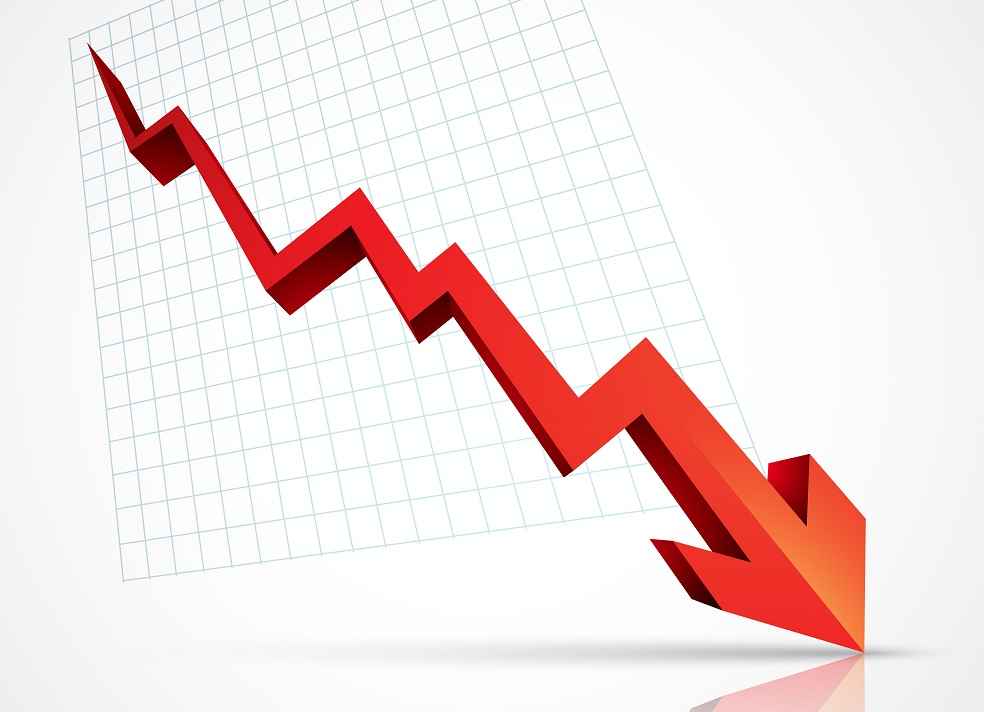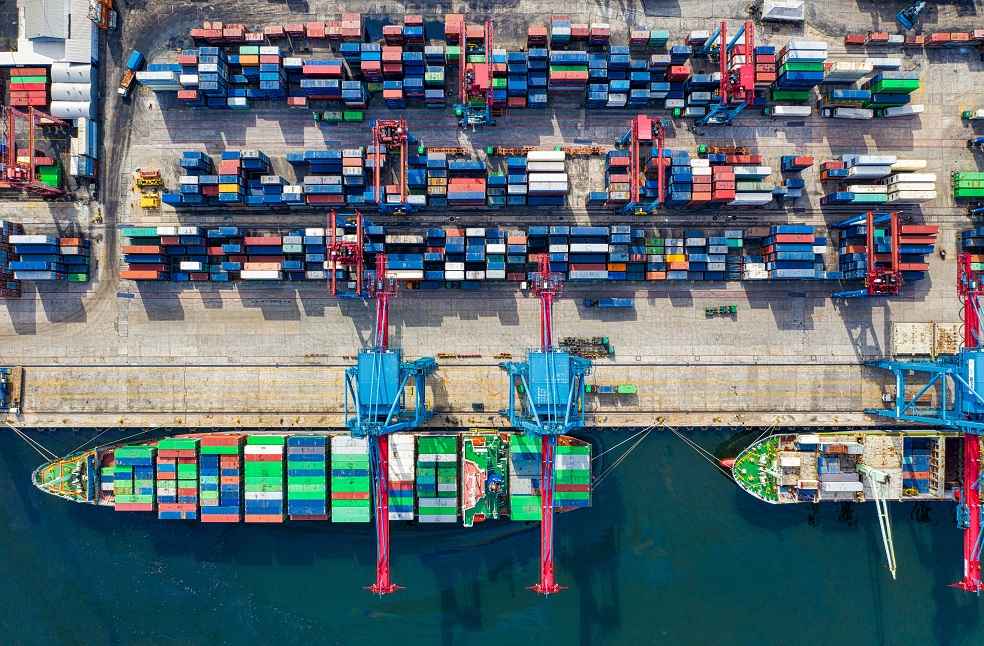Once thriving and dynamic, Malaysia’s export sector now faces a period of muted growth amid a shifting landscape of international commerce.
Economic research entities within Malaysia anticipate a subdued performance for the nation’s exports, influenced by the current state of global trade. UOB Global Economics and Markets Research stated in a note that, highlighting an absence of positive signals for a Malaysian trade revival.
The challenges remain diverse. The pulse of the global economy shows signs of waning, compounded by mounting trade restrictions and the unpredictable menace of climate-related disruptions. UOB’s report underscores that anticipated stringent monetary policies from developed markets could tighten global credit and financial conditions, thereby straining worldwide trade.

UOB’s analysis spotlighted the shrinking of Malaysia’s manufacturing purchasing managers index coupled with a consistent decline in the intake of intermediate goods over the past five months. Such data implies that the downtrend in exports and production may persist before experiencing a notable upswing in demand.
These intertwined factors, bolstered by unfavorable base effects, fortify UOB’s prediction: a 7 percent drop in exports throughout 2023.
Despite this, the research entity recognizes potential catalysts for enhanced export performance in the near future. Rising global energy prices and potential currency depreciation might offer some respite by enhancing the price-earnings perspective of exports.
Malaysia celebrated a 24.9 percent surge in exports in 2022. Contrastingly, the Central Bank of Malaysia anticipates just a modest 1.5 percent growth in 2023.

The Malaysian Industrial Development Finance (MIDF) Research adjusted its outlook, anticipating sharper declines for both Malaysian imports and exports at rates of 6.9 percent and 6.4 percent, respectively. This shift arises from data showcasing a sustained vulnerability in international trade.
Major markets, notably the United States and Europe, project weakened final demand. This anticipated dip in demand from critical partners is linked to surging interest rates curtailing consumer spending after monetary policy shifts.
The Ministry of Investment, Trade, and Industry (MITI) revealed a telling trend last Friday. Their data showed a 13.1 percent drop in Malaysia’s exports for July, attributed to diminished global demand and declining commodity prices.

As nations globally navigate these intricate economic terrains, Malaysia’s trajectory will undeniably offer insights into broader global trade intricacies.
IMEX SECTOR | Malaysia Halts Australia Cattle Imports; AU Claims LSD-Free



